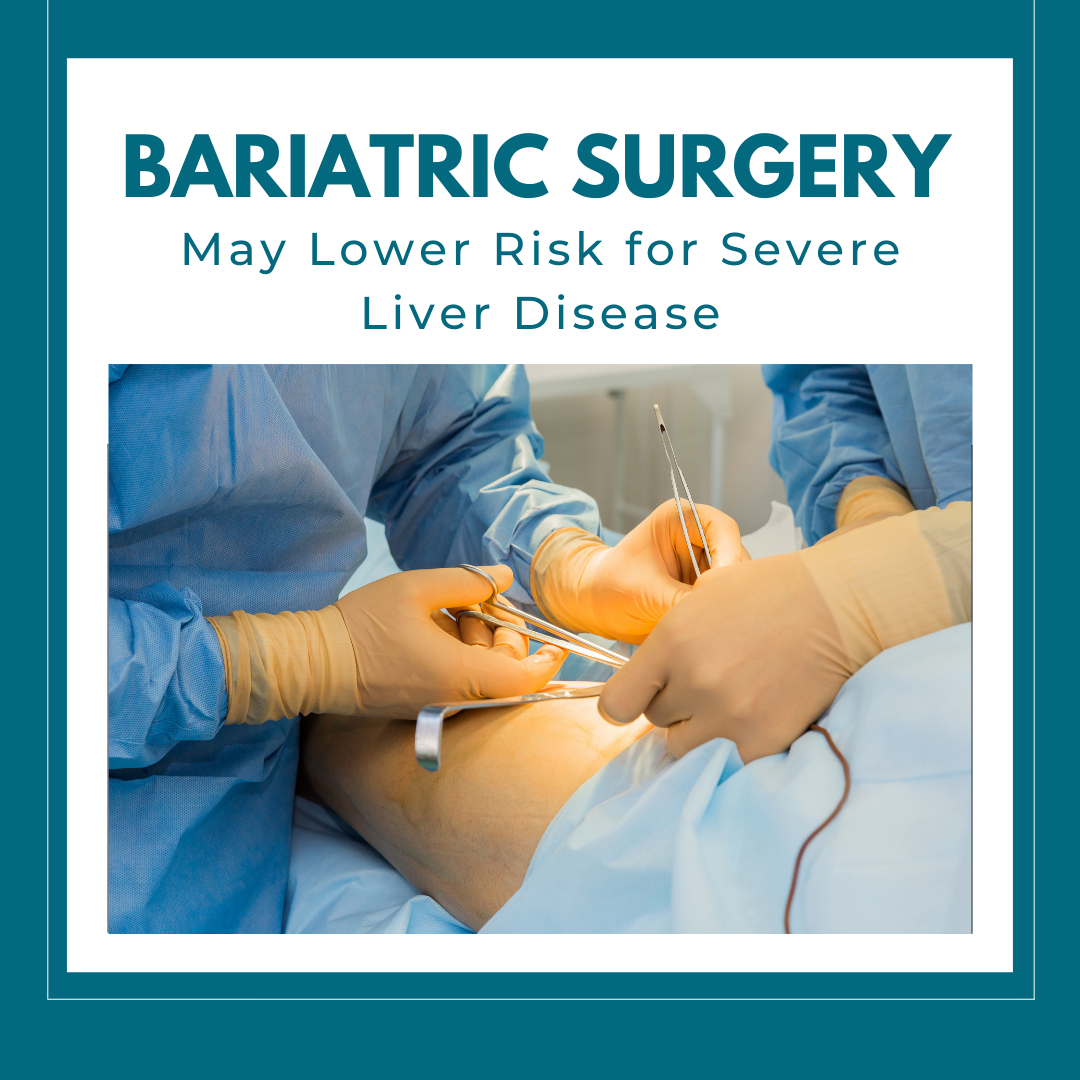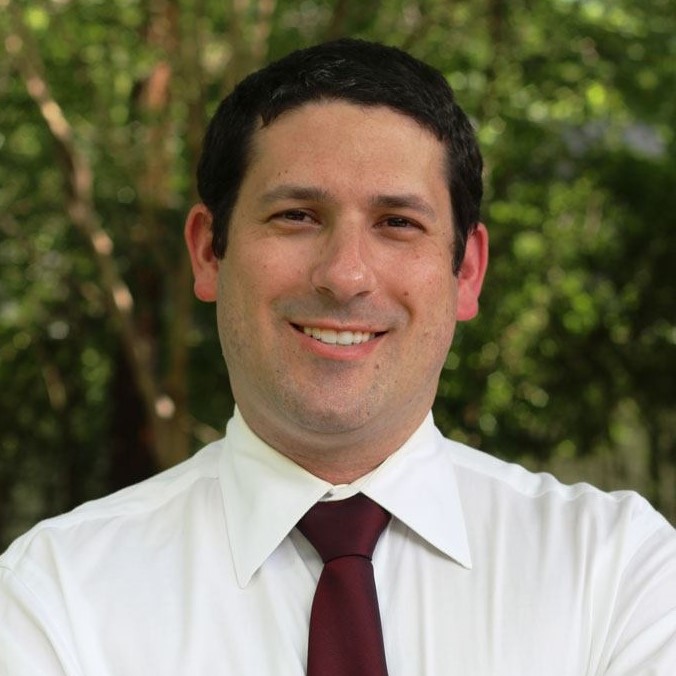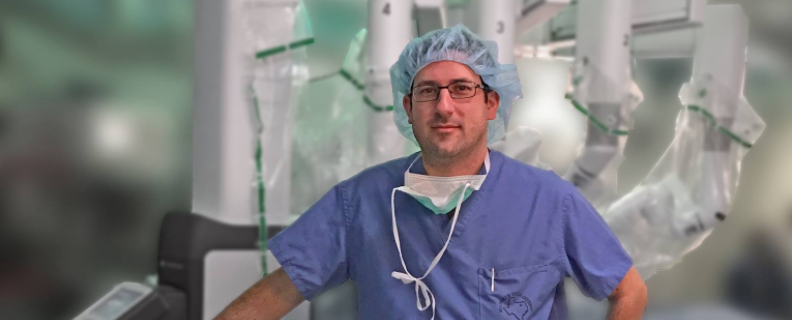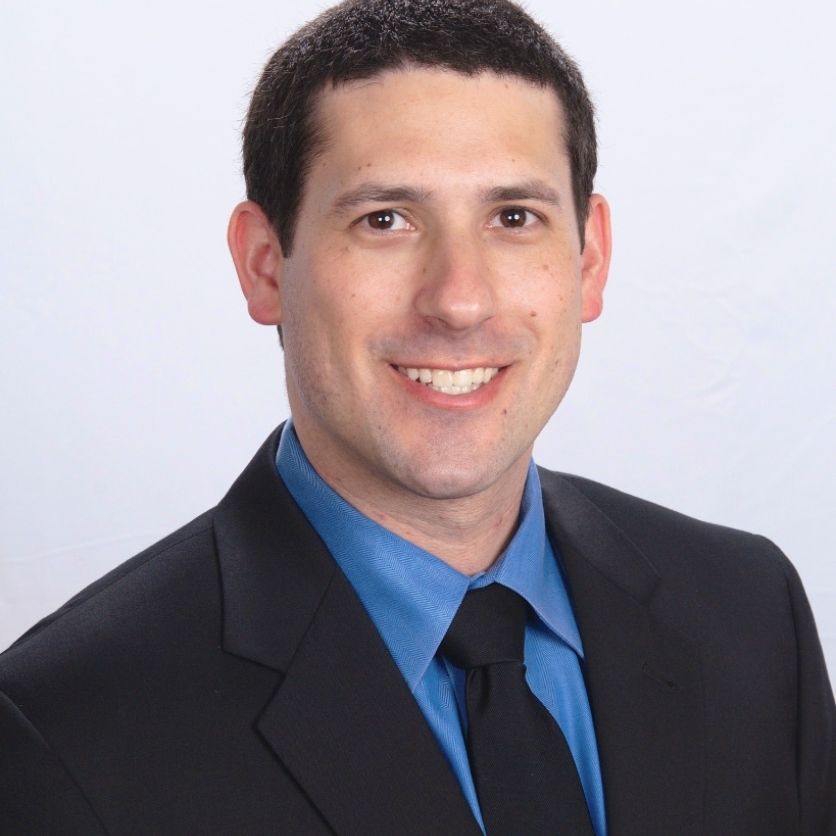

Dr. Michael Sutker, MD
Surgeon
7777 Forest Ln Suite A 331 Dallas TX, 75230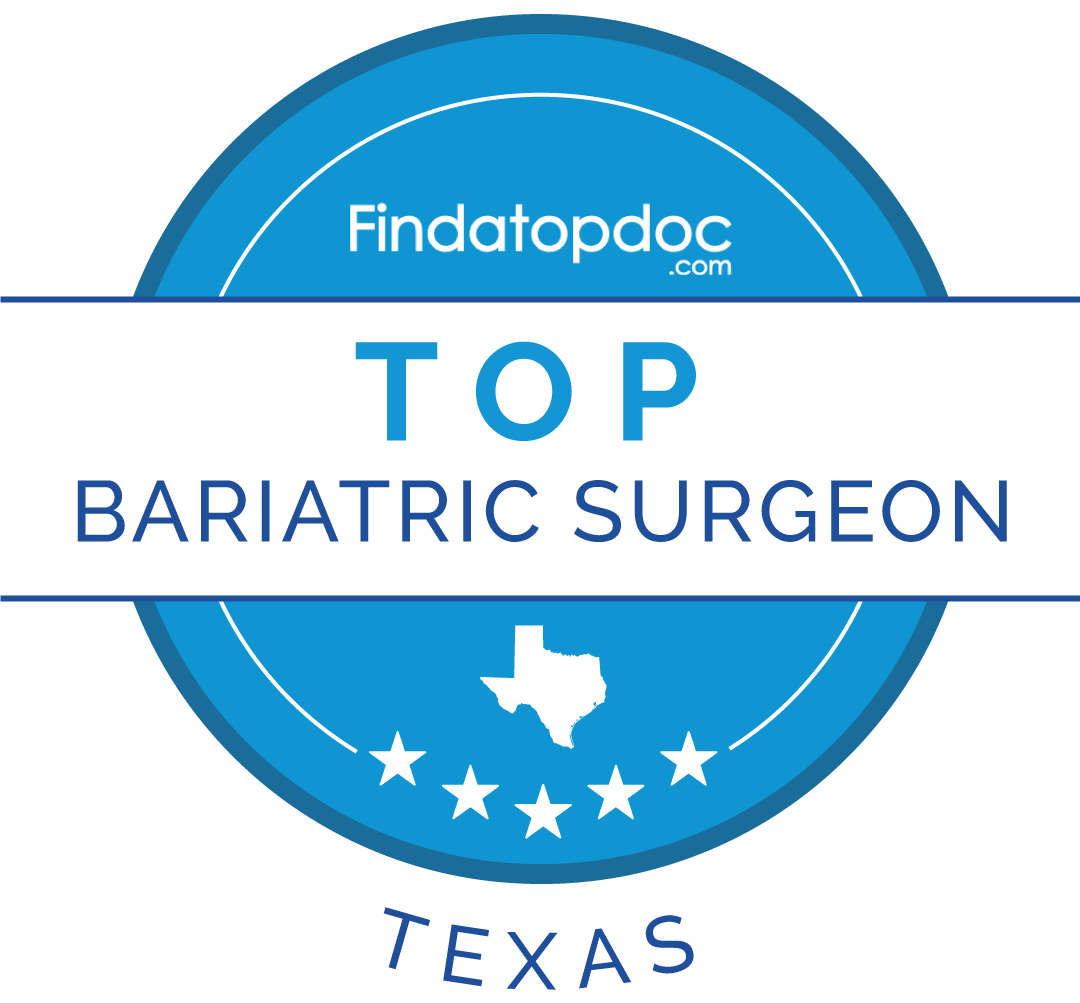
About
Dr. Sutker has been in practice at Medical City Dallas since 2014 and at Medical City McKinney since 2019. He is board-certified in general surgery. Dr. Sutker manages a wide range of surgical diseases. He specializes in treating conditions with minimally invasive techniques utilizing both standard laparoscopy and robotic-assisted laparoscopy. Dr. Sutker has specialty training in the surgical treatment of obesity, acid reflux, esophageal motility disorders, and paraesophageal hernias. He is skilled in the repair of abdominal wall defects, including inguinal, umbilical, ventral, and incisional hernias. Dr. Sutker also enjoys managing emergency surgical situations including gallbladder disease, appendicitis, and diverticulitis.
Dr. Michael Sutker, MD's Videos
Education and Training
MD at the University of Texas Southwestern Medical Center
Board Certification
American Board of Surgery
Provider Details

Dr. Michael Sutker, MD's Expert Contributions
Tips For Weight Loss - By Dr. Michael Sutker
Tip 1 - Do Not Eat After 8 PMMy Recommendation - Many patients consume unnecessary calories late in the day prior to bed. Some patients suffer from Night Eating Disorder. Cutting out these calories can help with weight loss.Tip 2 - Avoid Beverages With CaloriesMy Recommendation - Beverages with...
What Makes Dr. Sutker Stand Out?
Dr. Michael Sutker is the Medical Director of Robotic Surgery and the Chair of the Advanced Clinical Advisory Board at Medical City Dallas Hospital, where he’s been practicing since 2014. There, he is also a member of the General Surgery Performance Improvement and Intensive Care Unit...
Meet Michael Sutker, MD: Dallas's General & Bariatric Surgeon
Dr. Michael Sutker is the Medical Director of Robotic Surgery and the Chair of the Advanced Clinical Advisory Board at Medical City Dallas Hospital, where he’s been practicing since 2014. There, he is also a member of the General Surgery Performance Improvement and Intensive Care Unit...
Minimally Invasive Hernia Repair
Hernias are extremely common, especially in the abdominal area, and could also be present and undetected at birth. They occur when tissue pushes through a muscle’s weak spot.For qualifying patients, minimally invasive hernia repair is a great alternative to more invasive, open hernia repair. The...
Understanding Bariatric Surgery: FAQs
The decision to undergo bariatric surgery is not an easy one.Thinking about undergoing bariatric surgery or know someone who is? Here are some FAQs that might help.When is someone eligible for bariatric surgery?Since there are no two overweight people that are exactly the same, there is no general...
Will lying on my stomach cause any problems?
It should not cause any issues. The team will just need to ensure the bag is secure so it does not leak during the procedure. READ MORE
Rigorous activity after appendectomy recovery?
I usually tell my patients to wait 2 weeks to start strenuous activities (such as sprinting). The general rule is to avoid activities that cause pain. READ MORE
How long does it take to recover from an emergency appendectomy?
Most patients feel about 80% at 2 weeks but full recovery takes about 4-6 weeks. Full recovery means appetite returns to normal, energy levels return to normal, and the vague aches and pains of surgery go away completely. Everyone is different so some people recover a little quicker, and some a little slower. READ MORE
How long can one live without getting inguinal hernia surgery?
If he has no heart history, the risk of having a cardiac complication is extremely low. A hernia repair is relatively common and well tolerated operation. Hernias typically will get larger and more painful over time. If he already has symptoms, I would recommend not waiting too long to fix it. READ MORE
My husband has stomach pain?
I would recommend evaluation with your primary care physician or presenting to an urgent care center or emergency department to help determine the cause of his symptoms. There are lots of different things that can cause abdominal pain and vomiting, some more serious and others less so. READ MORE
Is abdominal hernia surgery serious?
Any operation should not be viewed as routine, but hernia repairs are typically common procedures that can be done extremely safely. READ MORE
Do you stay overnight for a hemorrhoidectomy?
Typically, it is a day surgery procedure where you go home the same day. READ MORE
Can diabetics be sedated?
Sedation can be used in any patient, but it may not be the appropriate type of anesthesia depending on the kind of surgery you are having. READ MORE
How long does sedation last after a colonoscopy procedure?
You should be awake almost immediately after the procedure and feel groggy for several hours. It is not recommended that you not drive the day of your procedure, but should be fine by the next day. READ MORE
Is general anesthesia used for an appendectomy?
Yes. READ MORE
What is causing this bloating?
Many of your symptoms seem to be very consistent with hypothyroidism. Slow GI motility may be a result as well, and this could be what is causing your bloating. I would make sure that you are on the appropriate dose of your medication and see how your symptoms respond. Talk to both your endocrinologist and your gynecologist about your symptoms. READ MORE
Did my hernia come back after surgery?
There is a 1-2% chance that a hernia recurs after repair. You could very well have a recurrent hernia on the left and a new one on the right. Make sure you are evaluated by a surgeon. Imaging (such as an ultrasound or CT) may be required. READ MORE
How serious is hiatal hernia surgery?
It's a big operation, as is any operation on the abdomen, but patients typically do really well with it. The operation is well-tolerated. READ MORE
Do you need a surgery for hiatal hernia?
The hiatal hernia will never go away without surgery. Typical symptoms include bloating, nausea, heartburn (acid reflux), and regurgitation. The symptoms can be controlled with medication, dietary modifications, and lifestyle changes. However, they do not treat the cause (the hernia itself). Symptoms typically get worse over time. READ MORE
I'm having stomach pain?
If you are having difficult having bowel movements, you may want to start with a bowel regimen. Over the counter agents such as stool softeners, bulk agents, and laxatives can help. If you no longer have to strain but continue to have pain, you should seek advice from your primary care doctor or a gastroenterologist. READ MORE
What anesthesia is used for laparoscopic hernia surgery?
General anesthesia. Laparoscopy cannot be done under local anesthesia. READ MORE
Can general anesthesia be used for a colonoscopy?
Typically, a colonoscopy is done with heavy sedation or IV general anesthesia, meaning no breathing tube will be placed. You should have a discussion with the GI doctor/surgeon performing the procedure and the anesthesiologist about your preferences. READ MORE
What anesthesia is used for liver transplant?
General anesthesia. READ MORE
What are the long term effects of gallbladder removal?
Having a cholecystectomy (gallbladder removal) is one of the most common operations performed every year. Patients typically do very well with surgery with minimal to no long-term effects. During the recovery phase, about 1 in 3 patients will develop diarrhea, especially when eating fatty, greasy, or oily foods. In my experience, 1 in 10 people may also have some sensitivity to dairy products as well. If these happen, they resolve in 99% of patients within 3 months. READ MORE
Which anesthesia is better for inguinal hernia surgery?
I routinely perform inguinal hernia repairs via a minimally invasive (robotic-assisted laparoscopic) technique. This requires general anesthesia. I would reserve local anesthesia for a patient who could not tolerate general anesthesia (i.e. someone with severe heart disease) and absolutely could not wait to have their hernia fixed due to severe symptoms or an emergency. In my experience, I have never had this situation arise. READ MORE
Expert Publications
Data provided by the National Library of MedicineAreas of expertise and specialization
Faculty Titles & Positions
- Medical Director of Robotic Surgery Medical City Dallas Hospital 2016 - 2016
- Chair of the Advanced Clinical Advisory Board Medical City Dallas Hospital - 2016
- Chief of Surgery Medical City Dallas Hospital 2022 - Present
- Trauma Medical Director Medical City Dallas Hospital 2021 - Present
- Section Chief of General Surgery Medical City Dallas Hospital 2019 - 2021
Awards
- Top10MD 2019 Top10MD
- Top10MD 2018 Top10MD
- Top10MD 2017 Top10MD
Professional Memberships
- Texas Association for Bariatric Surgery
- American Society for Metabolic and Bariatric Surgery
- Society of American Gastrointestinal and Endoscopic Surgeons
- American College of Surgeons
- American Medical Association
- Obesity Medicine Association
Fellowships
- UC-San Francisco
Fellowships
- Minimally Invasive and Bariatric Surgery, University of Texas Southwestern Medical Center
Professional Society Memberships
- Society of American Gastrointestinal and Endoscopic Surgeons, American College of Surgeons, Texas Medical Association, Dallas County Medical Society
What do you attribute your success to?
Good training and availability
Hobbies / Sports
- Spending Time With Family
Dr. Michael Sutker, MD's Practice location
Michael Sutker, M.D., P.A.
7777 Forest Ln Suite A 331 -Dallas, TX 75230Get Direction
Michael Sutker, MD, PA
4510 Medical Center Drive 302 -McKinney, TX 75069Get Direction
Dr. Michael Sutker, MD's reviews
Write ReviewPatient Experience with Dr. Sutker
- Monica
Doctor Sutker was great and explained everything really well.
- Michael
Absolutely great!
- Ernest bore n
Great
- Morgan
I came in through the Er so had no prior experience with the Dr. He has been very attentive, caring and helpful with all of my questions and concerns.
- Casey
Dr. Sutker is so attentive. He provides exceptional support!
Amazing doctor and staff!
- Michael
Excellent bedside manners. Excellent care
- Dorothy
Great Doctor very professional
- Ronda
He saved my life! What's a better review than that.?
- Dorothy
Excellent care. Excellent bedside manners
- Robert
Helpful
- Nighat
He did good Job
- Damon
Excellent doctor . Kind and understanding. Gave great advice to help my problem.
- Robert
He was fantastic.
- Ana
Excellent
- Carol
Dr. Sutker was very knowledgeable, kind, professional and considerate. He made me feel relaxed and that he cared for me and my anxiety and that I was a person not a number.
- Elliot
I found dr sutker to be very professional but still personable. He answered all of my questions truthfully.
Great :)
- Abba
A bit of a wait but worth it. I felt the doctor really listened and addressed my concerns. Also knowledgeble.
- Phyllis
Good care. Talked me and answered all my questions.
+ Show More
Media Releases
Get to know General Surgeon Dr. Michael Jason Sutker, who serves patients in Texas.
Dr. Sutker is a board-certified general surgeon who specializes in treating general surgery conditions with minimally invasive techniques, mostly utilizing robotic-assisted laparoscopy. He opened his practice, Michael Sutker, M.D., P.A., at Medical City Dallas in 2014 where he is the Medical Director of the Robotic Surgery Program & Section Chief for General Surgery.
At the beginning of 2019, he started a second office at Medical City McKinney to bring his skills and expertise to that area. Dr. Sutker is also a part of the Surgical Consultants of Dallas, LLC, and he maintains close ties with associate surgeons, including Dr. Sue Jiang, Dr. Christopher Bell, and Dr. Dina Madni.
A Plano, Texas native who graduated from the University of Texas at Austin, Dr. Sutker earned his medical degree from the University of Texas Southwestern Medical School in Dallas. He then went on to complete his general surgical internship and residency at the same educational venue. He received additional fellowship training in minimal invasive and bariatric surgery at the University of California, San Francisco Medical Center.
Skilled in the repair of abdominal wall defects, the doctor is board-certified in general surgery by the American Board of Surgery, an independent, non-profit organization located in Philadelphia, Pennsylvania, founded for the purpose of certifying surgeons who have met a defined standard of education, training, and knowledge.
In addition, he is board-certified in obesity surgery by the American Board of Obesity Medicine, which is a 501 nonprofit, self-appointed physician-evaluation organization that certifies physicians practicing obesity medicine.
Attributing his success to good training and availability, he has received specialty training in the surgical treatment of obesity, gastro-esophageal reflux disease, esophageal motility disorders, paraesophageal hernias, and inguinal and ventral hernias. He also has an extensive practice in emergency general surgery, managing problems such as appendicitis, cholecystitis, diverticulitis, and small bowel obstructions.
Remaining at the forefront of his challenging specialty via memberships with professional organizations, Dr. Sutker is a member of the American College of Surgeons (Fellow), the Society of American Gastrointestinal and Endoscopic Surgeons, the American Medical Association, the Texas Medical Association, the Texas Association for Bariatric Surgery, the American Society for Metabolic and Bariatric Surgery (Fellow), the Dallas County Medical Society, and the Obesity Medicine Association.
He maintains the highest levels of accreditation and pursues ongoing education to stay abreast of the latest trends in the medical field. He also participates in regular continuing medical education and attends local and national conferences to stay abreast of new research and surgical techniques.
General surgery is a surgical specialty that focuses on abdominal contents including the esophagus, stomach, small bowel, colon, liver, pancreas, gallbladder, appendix and bile ducts, and often the thyroid gland. A general surgeon performs a wide range of abdominal surgeries for many forms of intestinal and abdominal wall neoplasms, gallbladder disease, gastric and pancreatic disease. They follow the patient through critical care and surgical recovery all the way to outpatient care.
Among his numerous accolades, Dr. Sutker is the recipient of Patients’ Choice Award (2015, 2016, 2017, 2018), On-Time Doctor Award (2015, 2016, 2017, 2018), and Compassionate Doctor Recognition (2015, 2017).
Outside of practicing medicine, he enjoys spending time with family.
Recommended Articles
- What to Expect After Gallbladder Surgery
The Gallbladder is a small, pear-shaped organ that is located below the liver. It is found on the right side of the abdomen. Its primary function is to take and store the fluid that is released from the liver to help in digestion (bile). The surgical procedure that is used to extract a damaged...
- What is Carpal Tunnel Release?
Carpal tunnel release surgery is a medical procedure that is used to relieve symptoms caused by carpal tunnel syndrome (CTS). Such symptoms include pain in the hand, tingling, and numbness. The procedure involves separating the ligaments in your hand to help relieve pressure on the nerve that...
- Reasons Why You Need a Tonsillectomy
A tonsillectomy is a surgical procedure performed to get rid of one's tonsils. The same procedure can be used to remove the adenoids. For adults, the administration of a local anesthesia to numb the throat is enough. However, children may have to be given general anesthesia, which makes them...
- What is the Central Venous Catheter?
The central venous catheter is a type of a catheter that is normally placed in a vein of large size. It is also called the central venous line or central line. Central venous catheters can be fitted in veins found in the chest, groin, arms, and neck. This type of catheter is often used in the...
- Treatments For Pleurisy
Pleurisy is a treatable condition with a very good prognosis. The aims in the management of pleurisy are to relieve the symptoms and treat the underlying cause of pleurisy.Relieving the SymptomsPleurisy is the inflammation of the pleural membranes that line your lungs and the inner chest wall. The...
- What to Expect After a Cholecystectomy
In case you have problems with your gallbladder and there is a need for it to be removed, you will experience unusual and uncomfortable symptoms while trying to adapt to a new life without a gallbladder. Obviously, when your gallbladder is removed, bile can't be stored like before since it is meant...
Nearest Hospitals
MEDICAL CITY DALLAS HOSPITALl
7777 FOREST LANE DALLAS TX 75230WALNUT HILL MEDICAL CENTERl
7502 GREENVILLE AVENUE DALLAS TX 75231TEXAS HEALTH PRESBYTERIAN HOSPITAL DALLASl
8200 WALNUT HILL LANE DALLAS TX 75231TEXAS HEALTH PRESBYTERIAN HOSPITAL ALLENl
1105 CENTRAL EXPRESSWAY NORTH ALLEN TX 75013BAYLOR SCOTT AND WHITE MEDICAL CENTER MCKINNEYl
5252 WEST UNIVERSITY DRIVE MC KINNEY TX 75071METHODIST MCKINNEY HOSPITALl
8000 W ELDORADO PKWY MCKINNEY TX 75070